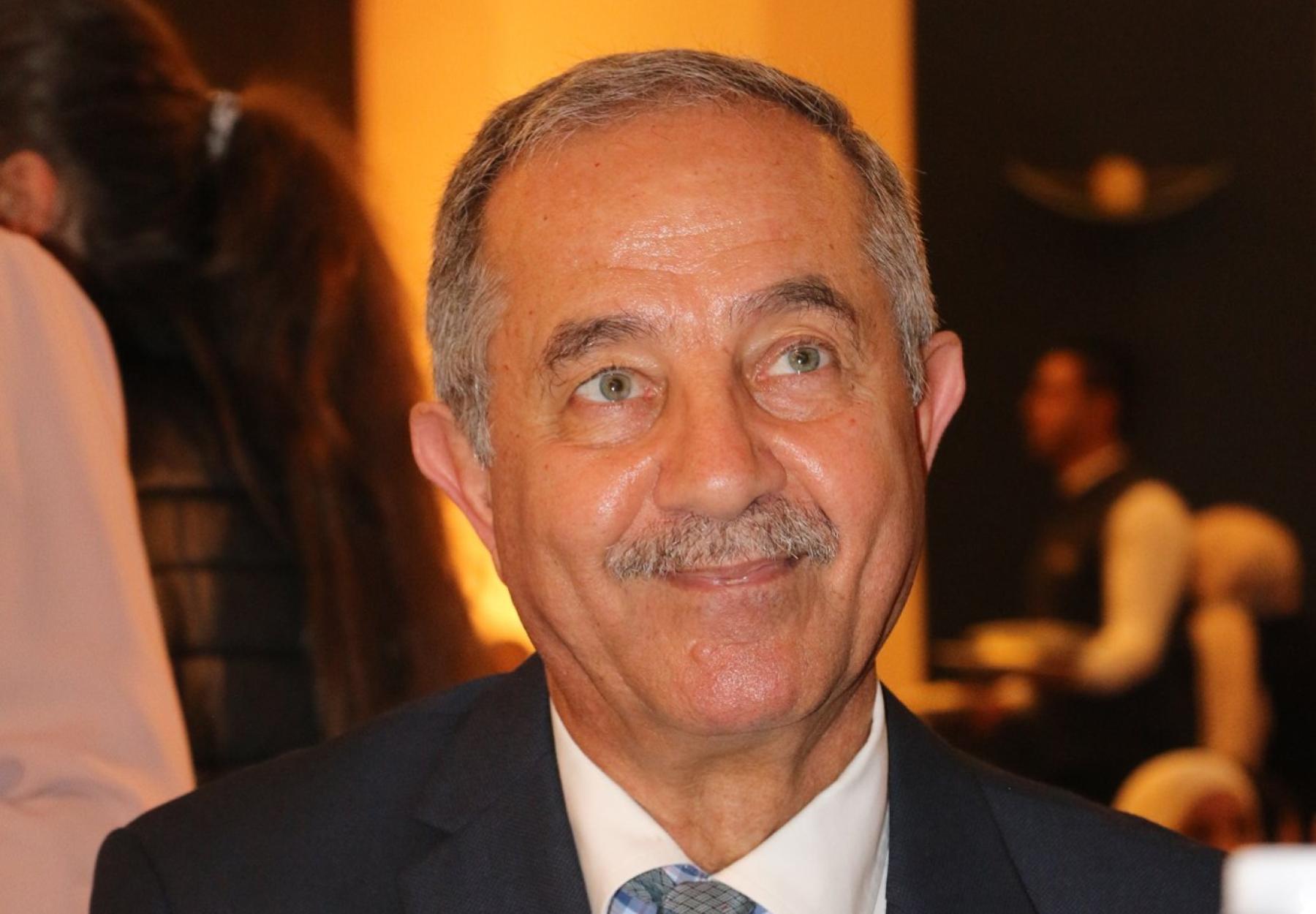
Hassan Al Jaajaa, one of the founders of the Arab Group for the Protection of Nature, spoke at a regional webinar for researchers and environmental experts, hosted by the Qatari Friends of the Environment Association on June 5, 2020 (World Environment Day).
Al Jaajaa began his speech with a verse from the Quran that shows how God created the universe and governed it with a balanced ecosystem: “And there is no creature on the earth or bird that flies with its wings except [that they are] communities like you. We have not neglected in the Register a thing.Then unto their Lord they will be gathered."
Regarding Islam and the environment, Al Jaajaa said that researchers of Islam will find respect for water, soil, air, animals and plants. He pointed to the Islamic practice of setting aside a tract of land, or “hima,” to preserve ecological balance by restricting grazing or a period of time.
Al Jaajaa asked, “Is man a part of the environment that sees to carry it forward or to deplete it, as if he is the last generation on this planet?” He stressed that the primary responsibility for environmental devastation rests on major industrialized countries which have favored consumption at the expense of our ecosystems, and thus humanity. He said that these countries do not ravage the environment to meet legitimate needs but to accumulate wealth, noting that the same countries propagate war to sell weapons, create diseases to sell medicine, and even take advantage of environmental ruin to sell pesticides!
Al Jaajaa called for a universal ethical covenant between peoples and states, as moral considerations have vanished from countries’ policies, making them worse than animals that hunt to eat, not to destroy. He explained such a covenant is needed to restore the good of human nature and humanity’s role as preserver of the earth.
Al Jaajaa said that coronavirus has slowed the consumption of nature and significantly supported environmental recovery, by reducing air and ocean pollution and restoring the ozone layer, which may spell partial recovery for many animals.